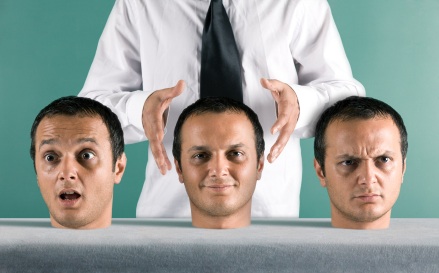 What are the consequences when an expert tries to be an advocate? Usually, they are allowed to testify anyway, but the judge will discount their evidence. Now, however, they may not be allowed to testify at all.
What are the consequences when an expert tries to be an advocate? Usually, they are allowed to testify anyway, but the judge will discount their evidence. Now, however, they may not be allowed to testify at all.
In Alfano v. Piersanti, the defendants retained a highly qualified forensic accountant. Plaintiffs’ counsel successfully demanded production of all e-mails between the expert and the instructing lawyer. The e-mails proved that the accountant took an aggressive, partisan approach to the case, even suggesting tactics to attack areas of the case outside his expertise.
The 2 reports “are replete on every page with not only findings of fact, findings of credibility, but conclusions as to what the evidence is literally and what legal conclusions should be, not just factual conclusions.”
As a result, the court refused to accept him as an expert. There was no doubt that he had genuine accounting expertise, but he lacked the critical element of impartiality. As Justice Macdonald put it,
The court expects objectivity on the part of the expert. In other words, he or she cannot “buy into” the theory of one side of the case to the exclusion of the other side. To do so, poses the danger that could taint the court’s understanding of the issues that must be decided with impartiality and fairness to both sides. The fundamental principle in cases involving qualifications of experts is that the expert, although retained by the clients, assists the court. If it becomes apparent that an expert has adhered to and promoted the theory of the case being advocated by either Plaintiffs or Defendants, he or she becomes less reliable and is not an expert in the way that the role has been defined in the recent and well known jurisprudence.
She emphasized that an expert should exercise extreme caution in analyzing the facts that support his or her
client’s position.
It was very apparent that Mr. Anson-Cartwright was
committed to advancing the theory of the case of his client, thereby assuming the role of an advocate. The content of many of the e-mails exchanged between Mr. Anson-Cartwright and Mr. Piersanti reveal that Mr. Anson-Cartwright’s role as an independent expert was very much secondary to the role of “someone who is trying to their best for their client to counter the other side.”
For all of these reasons, Mr. Anson-Cartwright was disqualified as an expert, thus doing great harm to his client’s case.